Coronavirus
Mind Matters | How to take care of mental health during coronavirus
Coronavirus pandemic is not only a physical challenge but a mental one too. With almost little to no movement, information overload, negativity hanging in the air mind can get bogged down. Here is how athletes can take care of their mental health during a pandemic.
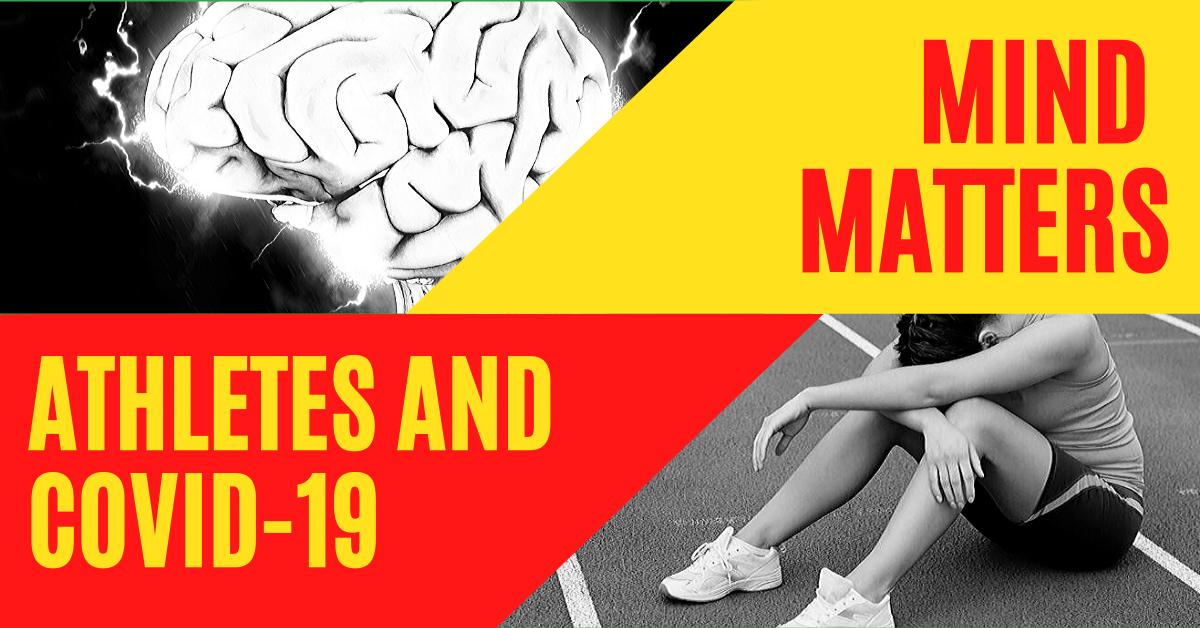
The recent pandemic of Coronavirus (COVID-19) has invoked a sense of panic and uncertainty has skyrocketed. We must acknowledge that these are difficult times and only if we do our bit of staying safe, we will be able to defeat this. We all wake up to risen number of cases, mortality rate shooting up, curfews, and this is slowly but steadily becoming a mentally disturbing.
With the tournament schedule being bothered and even the news of Tokyo Olympics getting postponed, anxiety in the sport fraternity is mounting. Practice sessions have been called off, gym facilities have been shut, and resources for training are only available online now. In such times, athletes getting worked up and feeling anxious about their preparation has become a common theme. What can be done to get through this time and restore an athlete’s mental fitness is the question of the hour.
Well, curfews mean free time on hand and following are some tips that athletes can benefit from –
- Goal Setting – Goals are targets that each athlete has – can be long term (season goals) or short term (practice session goals). Indulging in setting or reviewing goals for the season is a good mental training practice for athletes. Athletes can opt for video conferencing with coaches or their sport psychologists for assistance during this process.
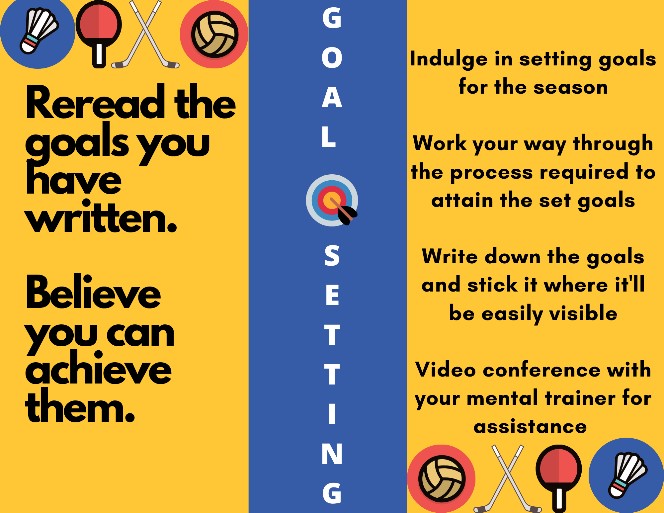
- Visualization – Another good technique to stay in touch with the technical aspect of the sport without physically practicing is visualization. Devise a schedule for visualization, stick to the technical improvements that you were targeting during practice and focus on this mental repetition.
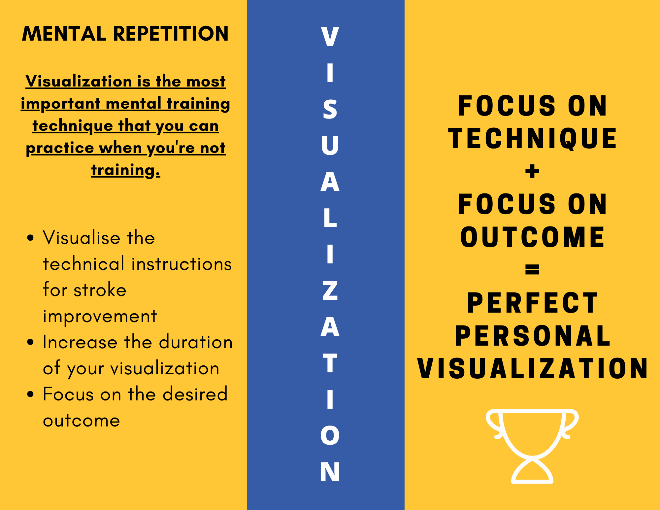
- Video Analysis – Athletes can use their own videos to analyze and make notes of their game. These notes can include technical aspects like strokes, footwork, etc., mental aspects like body language, on court behaviour, etc. Making notes of these observations can make good discussions with coaches and sport psychologists. In addition to this, athletes can also view relevant videos online to observe technical and tactical fronts. It is advisable to carry out this activity under coach’s guidance.
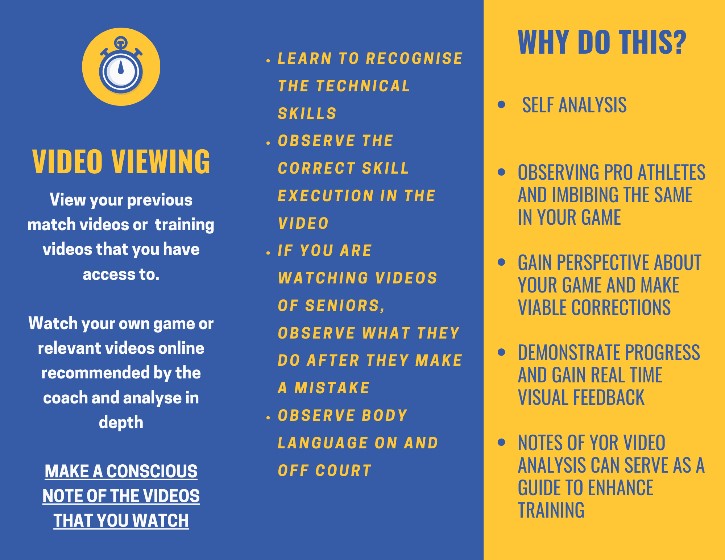
- Mirror Shadowing – Athletes should indulge in mirror shadow drills to improve their strokes. Devising a schedule for regularity can be beneficial in terms of their development.
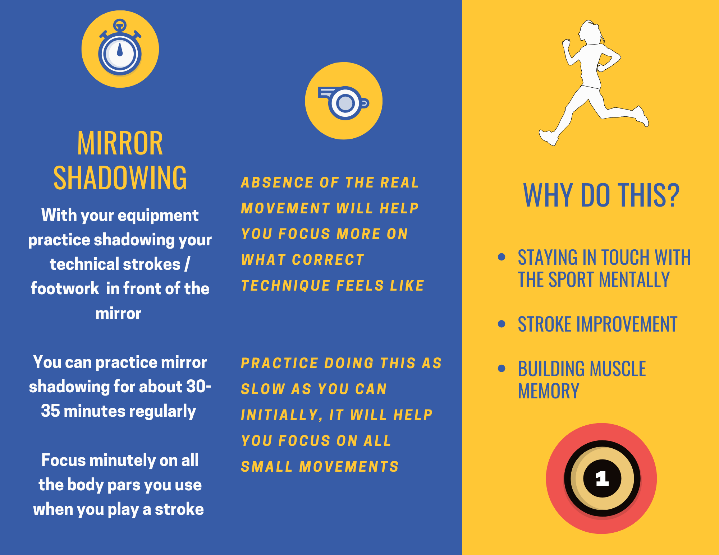
- Along with this, athletes can schedule their mental training sessions online to cope better with their thoughts and emotions. Athletes should pay attention to their food intake, hydration, rest and recovery during this phase. Stay in touch with team mates, practice partners, via online mediums.If it gets further disturbing and difficult to cope, know that there are experts you can approach for assistance who are just an email away!
Write to me at [email protected] for assistance with your mental training.
STAY IN TOUCH WITH YOUR SPORT AND STAY SAFE!
Also Read: Why is mental health a crucial ingredient for athletes’ success?
Also Read: The importance of mental health to pursue sporting success







